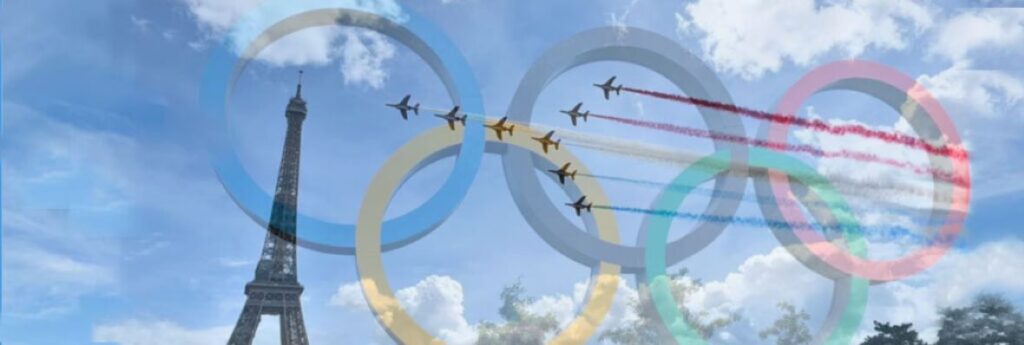A surge of tourists for the Paris Olympics (including Paralympics) this summer has put France on the path to achieving record tourist numbers in 2024. According to government data released last week, some 1.7 million international visitors came during the Olympic period, up 13% compared with the previous year, and another 1.4 million French tourists visited the capital, up 26%. In addition, the Olympics drew millions more visitors who travelled to Paris for the day.
“I think that our country’s bet has paid off,” says Olivia Grégoire, who leads the ministry charged with companies, tourism and consumption. She adds France as a whole is on track to maintain – and potentially surpass – last year’s record-breaking tourism numbers.
However, many in the Paris service industry say they had one of their worst summers ever –notably because of security restrictions around city-centre Olympic venues.
Many visitors were struggling to get to shops and restaurants even if they wanted to, because Paris chose to host Olympic events in the heart of the capital rather than building an Olympic park outside the city centre.
And protecting those venues involved a boosted security apparatus deploying up to 45,000 police officers backed by a 10,000-strong contingent of soldiers and reinforcements from more than 40 countries.
Most Parisians and visitors welcomed the security measures, but not the metal-fence barriers erected on both sides of the River Seine that made the city hard to navigate.
Only those with a QR code were granted permission to pass police checkpoints, making it nearly impossible for those without one to commute between the city’s south and north, except by metro. Permission for the precious code could take days to obtain.
For Patrick Aboukrat, whose association represents 190 shopkeepers and restaurant owners in Paris’s central Marais neighbourhood, the Olympics were “more than catastrophic.” From mid-June to the end of July, sales were down roughly 35% to 40% on average in the area, he said.
Tom Denaive, who runs a jewellery store located between the Louvre Museum and Place de la Concorde said, “I felt like we were back to the COVID days.”
Even the Louvre Museum reported a 22% drop in visits during the Olympic Games, and a 45% drop during the two weeks leading up to the opening ceremony compared to the same period a year ago.
Disappointment was also felt steps away on rue Saint-Honoré, home to some of Paris’ most prestigious hotels and haute couture shops.
Marina Orlando, store manager at French luxury candle brand Diptyque, said sales in August were down 29% year on year.
“We were given a whole serenade about the Olympics, that it was going to be incredible. … Some of us didn’t go on vacation, it was a huge logistical effort so that we could all be present on D-Day,” she said. In the end, she added, they had a store largely empty of customers.
But shopping was not the visitors’ priority, shop owners and managers said. “They were here for the sports,” Orlando said.
Denaive agreed. He said that tourists “spent so much on hotels, flights, tickets … they didn’t have much of a budget left for shopping.”
Officials have said the restrictions were necessary to guarantee everyone’s safety. Grégoire, from the tourism ministry, downplayed potential losses, saying that “we often come across people who complain.”
Jean-Marc Banquet d’Orx, president of a union representing more than 2,000 hotels, restaurants and cafés in Paris, said everyone will eventually feel the benefits of the investments made in the city ahead of the Games.
“We can’t stop grumpy people,” Banquet d’Orx said. “But to those who complain, I say: The Olympics will have an impact on the years to come, not immediately.”

